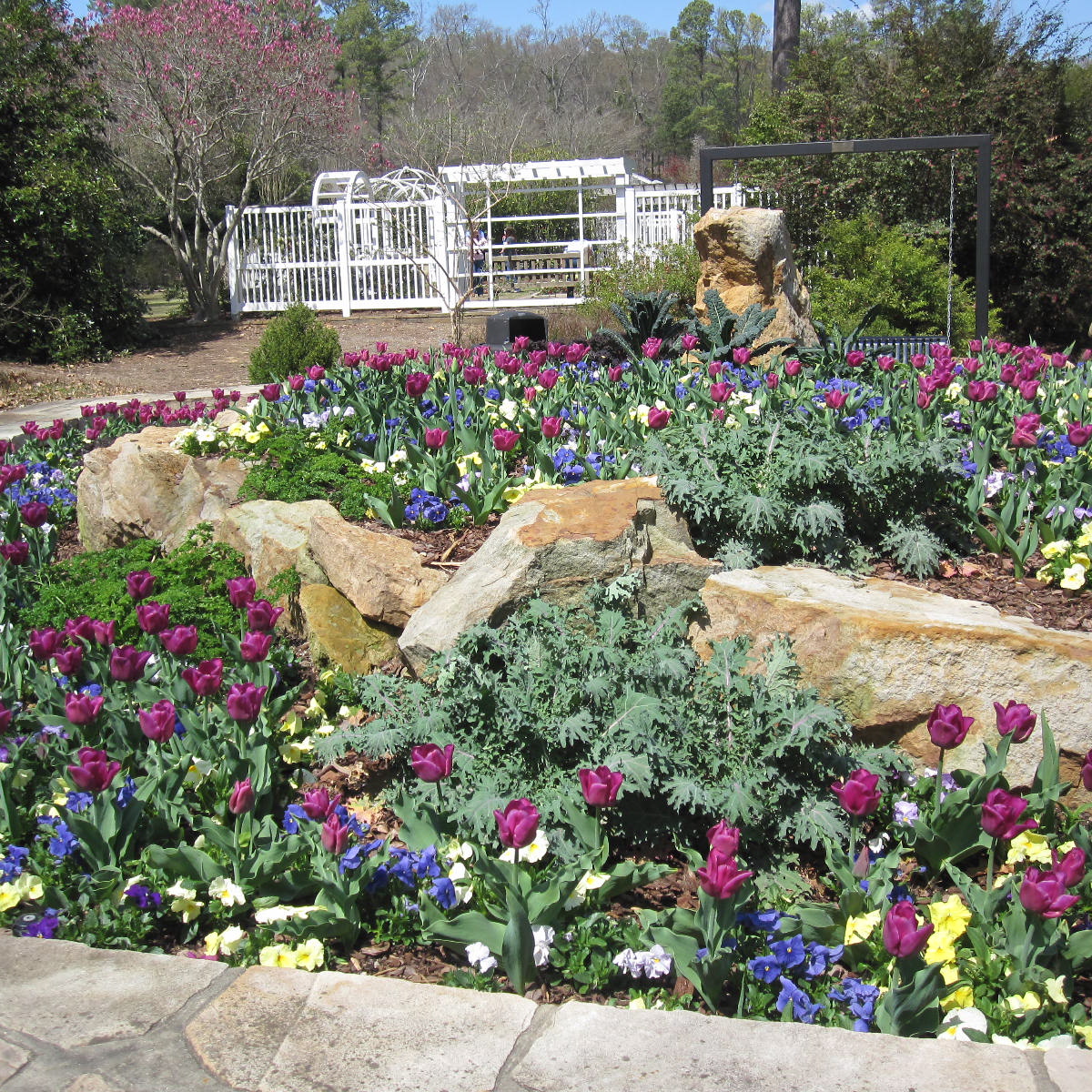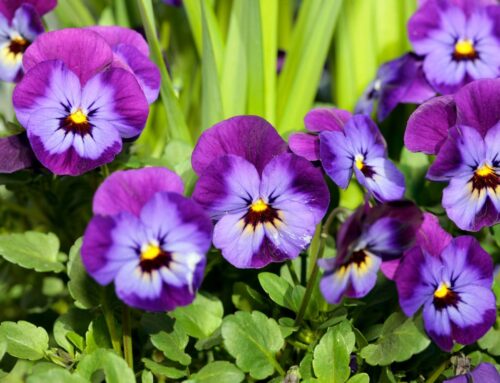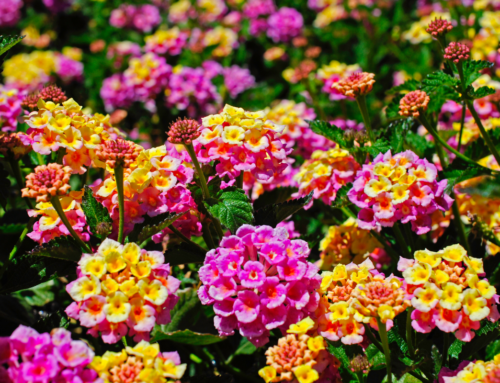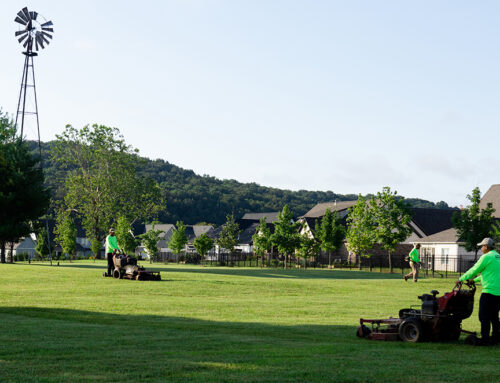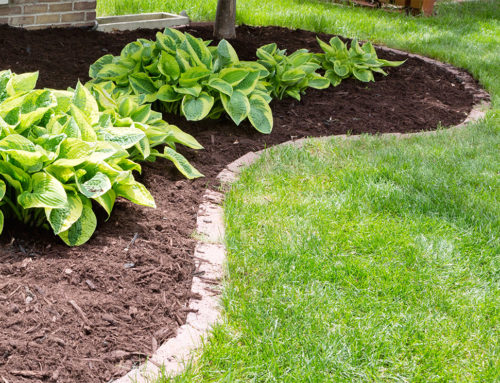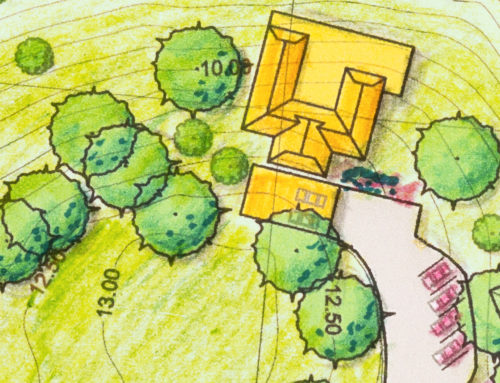It’s early June and now is the time to finish planting your summer annuals before the July and August heat and dry weather really kicks in. Getting your annuals root systems firmly established is vital to their survival. It always amazes me how much better it makes the garden look. Whether you do-it-yourself or have a local landscape contractor design and do it for you, it adds another whole dimension to your garden. When you think about annuals, don’t forget about the edible garden idea and mix plants like kale (use diatomacious earth to keep the bugs at bay), lettuce (enough for you and the rabbits!), and beets into the mix as well as herbs like parsley, cilantro, basil (boxwood basil is great among the annuals) and oregano. Need more convincing? Below are: five benefits of planting annuals:
- They can help fill out your perennial flower bed by filling blank areas near the front of the bed while your perennials are starting to grow in the background.
- You can also use them to carry out the color scheme of your garden.
- They produce lots of beautiful flowers all season long. This helps keep the garden looking lush and colorful.
- Some of them such as zinnias, summer snapdragons, and asters make great cut flowers
- Have few pests and disease problems
- Having a vase of fresh cut flowers from your own garden just can’t be beat.
- Our bees and butterflies need all the help they can get as do the hummingbirds!
Among the winter annual selections are kale, ornamental cabbage, and pansies. These are usually planted in the late fall and die in the spring. Acer treats tulips as annuals since we just don’t get cold enough for them to do well year after year. They may come back but will not be as robust as previous season. Summer selection include such as plants as impatiens, petunias, and ornamental peppers. These are planted in the spring. They bloom in the summer or fall and then die once their season is over.
At Acer, we can design areas for shade or full sun as well as drought resistant annuals and annuals for cut flowers.
Tips On Planting Summer Annuals
- Your selected site should receive 5 to 6 hours of sun a day unless the plant tag states otherwise. Impatiens and wax begonias like part shade.
- Well drained soil is a must unless your plant requires a boggy area.
- Most require slightly acidic soil of a pH of 6.5.
- Deadhead plants throughout the summer. The whole purpose of a flower is to produce seed. Once they accomplish this, they’re done! Keeping them deadheaded prolongs their bloom time.
- Encourage branching by pinching the terminal bud. This creates a bushier plant with more blooms.
- In early to late fall, before the first frost, pull out your summer annuals and put in some cool weather annuals in their place.
Contact us by calling 615-350-8030 if you need any help planing and planting your summer annual beds.

